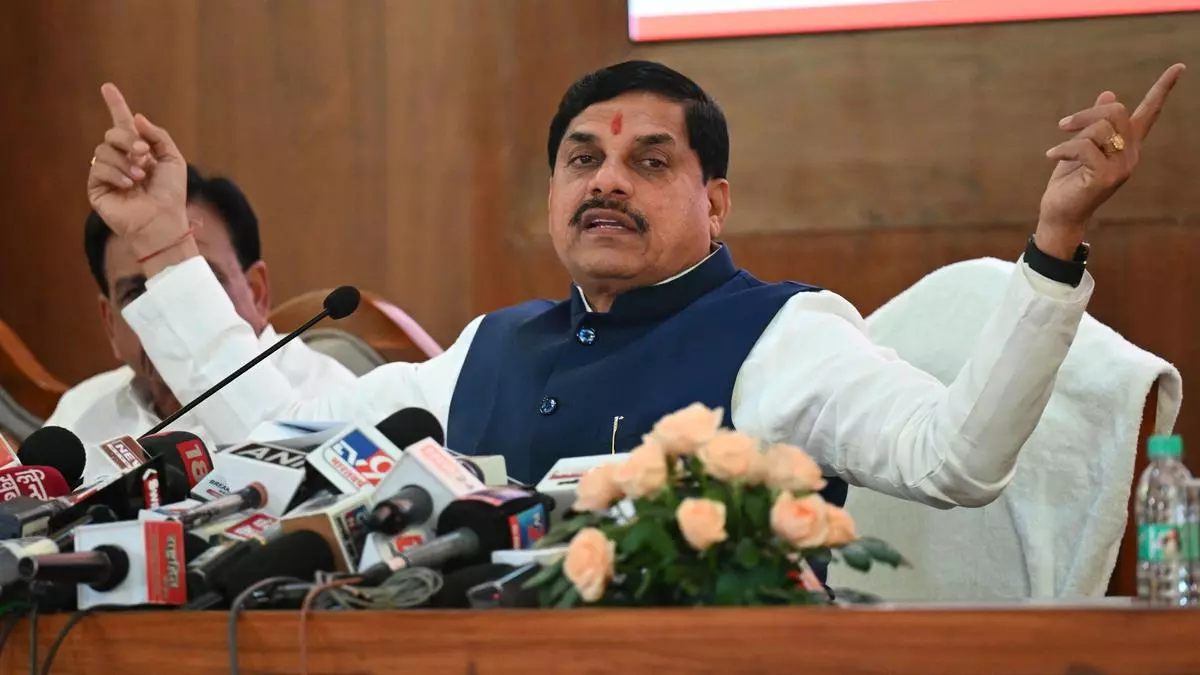China’s BYD, the world’s largest electric car maker, has announced that it will prioritize consolidating its leadership position in the luxury electric vehicle segment in India. The senior vice-president of BYD India’s electric passenger vehicle business, Sanjay Gopalakrishnan, stated that in the near-term, the company will focus on showcasing its technology and strengthening its footprint in the premium electric vehicle market, with cars priced above Rs 30 lakh. Gopalakrishnan highlighted that the luxury electric vehicle segment is a niche market, but it is growing steadily. He added that as the market evolves, BYD will consider bringing its global portfolio of products to India.
However, BYD’s expansion plans in the Indian market have faced challenges due to increased government scrutiny of investments from China. The Indian government’s rejection of BYD’s proposal to invest $1 billion in the local manufacturing of electric vehicles last year, as well as the sharpened scrutiny of investments from China following border tensions between the two nations, have impacted BYD’s immediate growth plans in the country.
Despite these challenges, BYD remains optimistic about the long-term prospects of the Indian market. Gopalakrishnan highlighted that India is already the fourth largest market for passenger vehicles globally and is expected to become the third largest by 2030. The company believes that one in every three cars sold in India will be electric by 2030.
BYD stated that the adoption of electrification in India is progressing as expected, and the company’s third launch, the BYD Seal, will further strengthen its presence in this space. BYD aims to cover 90% of the electric vehicle market in India by the end of the ongoing calendar year, and its immediate focus is on expanding its reach and increasing volumes. Currently, BYD India’s passenger vehicles division has a dealership network with 24 showrooms across 21 cities. The company sells two products, the BYD Atto 3 and the e6.
When asked about the company’s strategies for capitalising on its expansion plans in India, Gopalakrishnan declined to comment on specific details but emphasized that the company is looking at it from a long-term perspective. While there was no mention of potential partnerships or collaborations to grow its footprint in the country, Gopalakrishnan’s statement suggests that the company is open to exploring various avenues for growth in India’s electric vehicle market.










